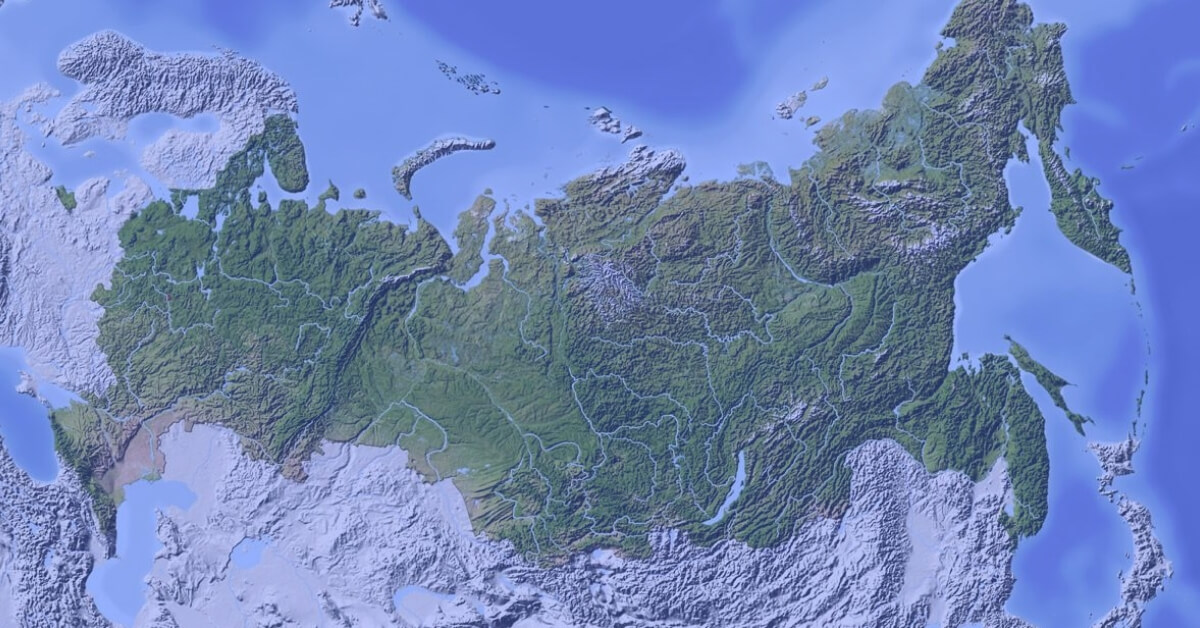Russia is not lagging behind China, the EU, Australia, and many other countries, each mulling their own path toward the goal of imposing more control and restricting the ways in which their citizens access and use online information. But perhaps proportionate to the size of Russia, its censorship effort is also rather monumental.
Russia already has a name for its “segment of the internet” – Runet – and now the country’s lower house of parliament, the State Duma, passed in the main reading legislation known as the “Stable Runet” bill.
If the bill is adopted by the upper house, and signed by President Vladimir Putin, it will come into force this November, allowing the authorities to cut off from the global internet by routing data to avoid foreign exchange points and keep the service running inside the country.
Russian officials argue that the purpose is not to isolate the Russian internet, but to safeguard against it being cut off – from the outside. If faced with cyber-threats from abroad, Russia would be able to preserve all online services, including state-run ones, that it depends on, they say.
Moscow also rejects the notion that their model is similar to China’s Great Firewall.
Leaving aside for a moment the serious concerns about the potential to abuse the new system to impose unjustified restrictions, the task will be extremely technically challenging to implement, not to mention costly.
The Guardian is reporting that members of the Duma from opposition parties have dubbed the legislation “a bill on digital slavery and the introduction of censorship for the web.”
The paper cites critics who oppose the move for its costs, and the implications of allowing the government the level of control over a future traffic monitoring center that could easily translate into widespread censorship.
In case Runet comes under attack from the outside, the Federal Service for Supervision of Communications, Information Technology and Mass Media will coordinate to make sure it keeps running – and can exercise “centralized control over the communication network of general use,” Russia’s TASS news agency said.
If the bill passes, its portions that concern cryptographic data protection of data and national domain name system will become effective in 2021.






















